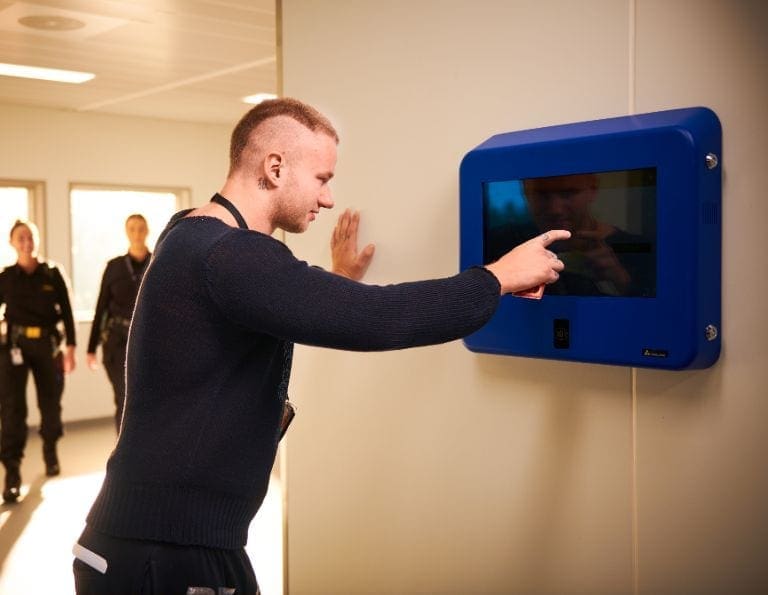Steven Doggett, Business Development Consultant
The Probation Service has experienced a difficult year in which it has had to respond to the various challenges that this pandemic has brought with it. Contextually this has taken place as the Probation Service prepares for transition back into one unified service and digital teams work to migrate the 21 CRCs back onto national systems. To add a further level of complexity the new operating model will incorporate a dynamic framework of services from private and VCS providers. The reform programme is driving a clear agenda to transform the service and move away from legacy applications in favour of a microservice architecture. Microservices are an architectural style that structures an application around a collection of loosely coupled services that are more easily maintainable and testable. These services can be reused, they can be independently deployed and importantly for the Probation Service they can be organized around business capabilities. This work will be centered around core probation processes of probation in court, assessment, case planning, breach and recall and wider work of staff Professionalisation.
In the past year the use of mobile technologies has become commonplace and even ardent techsceptics are now embracing ‘smarter ways of working’ (also the name of probation ICT adoption business change). The uptake hints at a bounty of higher levels of operational agility and the accompanying cultural shift in the staff group bodes well for further adoption of tech. There are some excellent examples of team collaboration being improved through interconnected staff dashboards, workflow and the to and from of tasks, whereby staff can contact office-based ‘duty’ staff through their case management application and ensure that positive work with service users continues despite the exceptional delivery circumstances. Meanwhile the national digital teams have worked hard to ‘keep the lights on’ whilst they continue with a full board of transition activities and spin up rapid discovery sessions to enable the exceptional delivery model. It does feel as though this is a watershed moment for the Probation Service and the pandemic has certainly enabled probation and digital colleagues to work more closely together.
In terms of service delivery, gone are the days that staff guard mobile telephone numbers and collectively probation teams are working through how mobile technologies can support supervision. The early learnings hint at a need to consider professional boundaries and personal strategies to maintain positive relationships with different individuals and their needs. There are pitfalls too and social problems such as unconscious bias isn’t unique to our pandemic-shaped world. Working virtually brings different challenges and potentially reveals new, underlying assumptions and unchallenged biases that can damage the assessment of individuals and potential outcomes for some groups of service users. Most of us at work, socially, or in our communities have at some time felt like we did not belong. When we feel this way, we are less engaged and connected to people and society. Practically one way to improve the feelings of inclusion is to get to know people and spend time building the professional relationship, which becomes all the more difficult when relying on video conferencing and mobile platforms.
As the Probation Service completes its transition into a fully unified service in June and the UK exits it’s national lockdown it will be interesting to see what innovations emerge in the sector. There is a real need to refresh national systems and open out national data sources between prisons and probation to humanely support and protect those transitioning from custody to the community. Linking up with the DWP and accommodation providers should be a priority for digital services and there are some quick wins there. The use of mobile applications to support service users as they walk through the gate back into the community is an interesting area that is yet to be explored and in real need of investment. Equally there is scope to use mobile technology from a staffing point of view and move away from antiquated back office HR systems. The professionalisation agenda could potentially act a harbinger bringing with it a need for new workforce management tools, ways to manage teams across new sites and the staff registration services for probation staff.
Share








